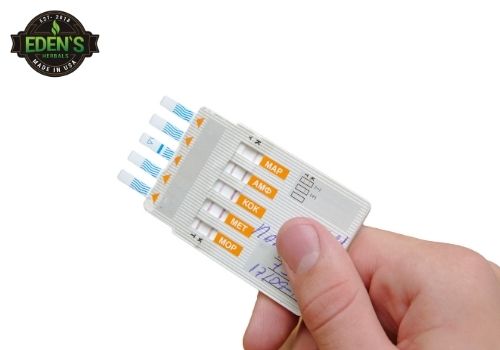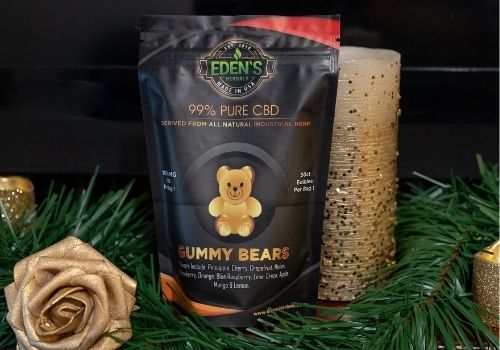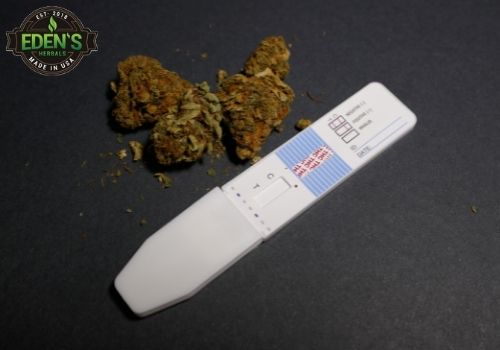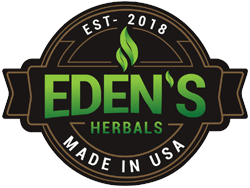 CBD, cannabidiol, is one of many compounds found in the hemp plant. Hemp plants, by law, may contain no more than0.3 percent THC, which is the substance in cannabis plants that causes the high. This is a very small trace amount, insufficient to cause intoxication. CBDcannot cause someone to feel high. But will CBD ruin a drug test?
CBD, cannabidiol, is one of many compounds found in the hemp plant. Hemp plants, by law, may contain no more than0.3 percent THC, which is the substance in cannabis plants that causes the high. This is a very small trace amount, insufficient to cause intoxication. CBDcannot cause someone to feel high. But will CBD ruin a drug test?
What Do Drug Tests Look For?
Standard drug tests, such as those for probation, parole and employment, may look for evidence of marijuana use, especially in the majority of states where recreational use of the plant is not legal.
However, this test would be looking for metabolites of THC, or tetrahydrocannabinol, not CBD. A metabolite is a by-product of the body's breakdown of a drug. Different drugs have different known metabolites, and most drug tests detect these drugs by looking for their metabolites.
These drug tests also have thresholds. This is a measure of how much of a drug must be present in order to be detected.
Standard drug tests typically look for five types of drugs:
- Opiates
- THC
- Amphetamines
- Cocaine
- Phencyclidine or PCP
However, there are expanded drug tests capable of detecting other drugs, too, as long as the level is above the threshold:
 Oxycodone
Oxycodone- Benzodiazepines
- Hydrocodone
- Methadone
- Synthetic cannabinoids often called spice
- Bath salts
- MDMA
Benzodiazepines are tranquilizing and hypnotic drugs in the Valium family. Although many of them are legal, they are not legal to use unless you have a prescription.
Of course, any substance can be tested for and detected, but standard drug tests only look for the most commonly abused drug classes. This does not include CBD, but it does include the THC that may be present in trace amounts in a CBD product. There is no such thing as a CBD drug test.
Because some CBD products may also contain traces of THC, it's possible for a CBD user to test positive for THC. This shouldn't happen, but it can, especially if the particular drug tests were set for a low detection threshold.
In other words, it's not the CBD itself that could cause positive test results for THC, but the product's THC content, which may be higher than what the label claims it to be.
CBD Products
There are many CBD products, including oils, edibles, topicals, transdermals, and flower. All legal CBD products in the United States are required to have low levels of THC, below 0.3 THC percent.
Tinctures are liquids into which CBD oil has been dissolved. Like oils, these products come with a measuring dropper.
 Edibles are sweet treats, often in the form of fruit-flavored gummy candies, with a certain amount of CBD in each one.
Edibles are sweet treats, often in the form of fruit-flavored gummy candies, with a certain amount of CBD in each one.
Topicals are creams and lotions intended to be rubbed into the skin. These mostly have only a local effect. Transdermal products, often in the form of a skin patch, can penetrate the skin and be released into the bloodstream for both a local and systemic effect.
Flower is a CBD product in the form of tiny, loose flower buds from the hemp plant. These can be smoked, vaped or used in homemade beauty products like bath bombs. Flower is inactive unless it's first heated.
Broad-Spectrum, Full-Spectrum or Isolate?
Within these products, there are three basic CBD forms: Full-spectrum, broad-spectrum and isolate.
Full-spectrum means that CBD and all of the original hemp cannabinoid compounds are present in their original ratios. These compounds include important substances called terpenes.
Terpenes are aromatic compounds present in many plants that give them their characteristic odor. Terpenes are why a lemon smells like a lemon, and why the scent of pine fills the house after a real Christmas tree is put up. They may increase the effect of CBD.
Cannabinoids can work together to a greater benefit. This is called the entourage effect.
Broad-spectrum CBD is similar to full-spectrum, however, it's been additionally filtered to remove all THC content. Broad-spectrum should contain no THC, so if there are any concerns about drug tests, this may be the best CBD choice.
It's also possible that broad-spectrum products may contain less of the other important cannabinoids, reducing its entourage effect.
 CBD isolate is just CBD with nothing else in it. When sold alone, it's usually in the form of a white powder having a CBD content of at least 99 percent.
CBD isolate is just CBD with nothing else in it. When sold alone, it's usually in the form of a white powder having a CBD content of at least 99 percent.
Isolate could also be included as an ingredient in other CBD products. Isolate will not have any entourage effect. On the other hand, it should not have any THC content at all.
Using CBD Safely
If CBD is legal in your state, you are doing nothing legally wrong by consuming it. You cannot be arrested and charged with a crime. However, if you're an employee, your employer has the right to maintain a drug-free workplace.
One of the tools employers use for this is random drug testing. If your CBD product contains enough THC and if the test used by your employer is sensitive enough, it's possible to test positive for marijuana use.
The same is true for people on probation or parole. If your probation or parole officer summons you for a urine test, you must go. There is no other option. If your CBD product contains more THC that it's supposed to, you could have a problem.
Note that even if marijuana is legal on your state, your employer or your parole or probation officer can still require you to remain free of it.
Certificate of Analysis
The best way to get the benefits of CBD without worrying about a drug screening, is to find a reliable CBD supplier and stick with them.
If you are worried about workplace drug testing, it's best to avoid full-spectrum CBD products. It is rare that they trigger a failed drug test, as they contain very small amounts of THC, but is has been known to happen.
There are plenty of THC-free products to choose from that should offer most, if not all, of the same benefits that full-spectrum does. Look for broad-spectrum and isolate products that specifically say zero percent THC on the label.
Always look for a COA on the label or box of the CBD product. COA means Certificate of Analysis. It may also be posted on the manufacturer's website. It's your guarantee that the product has been chemically analyzed in a laboratory, preferably a third-party one.
A lab analysis will state the potency and purity. Make sure it says zero percent THC. If it does, you should be able to use that product with confidence and without worry about testing positive on a drug test.
 Conclusion
Conclusion
Pure CBD alone will not cause you to fail a drug test. CBD products that contain THC, though rare, can show up on sensitive drug tests. This is why you should always buy from a reputable retailer, a company with ample customer reviews, great customer service, and transparent third-party lab results. As long as you follow these recommendations, passing a drug test won't be a problem!


